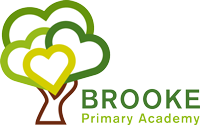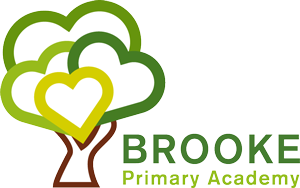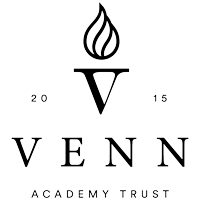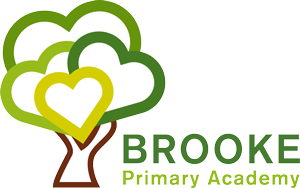
A Venn Academy Trust School
– Together we will…
Venn is a pioneering academy trust, committed to building educational environments where all pupils are inspired to become lifelong learners who achieve the very highest standards possible.
Collaborating with all partners, the Trust works with its unique settings to create world class learning experiences for all.

The School Day
Our school day starts at 7.30am with Breakfast Club and finishes at 6.00pm everyday, after 3-2-6 club.
Children can wait in the playground from 8.30am, with school officially starting at 8.45am.
| Day | Start | End |
|---|---|---|
| Monday | 8:45am | 3.15pm |
| Tuesday | 8:45am | 3.15pm |
| Wednesday | 8:45am | 3.15pm |
| Thursday | 8:45am | 1.30pm (Thursday afternoon club for children requiring childcare until 3.15pm) |
| Friday | 8:45am | 3.15pm |
Start of the day
Children can come onto the playground from 8.30am. Only children in Y5 and Y6 are allowed (with parent consent) to do this unaccompanied. We are unable to take responsibility of the children until 8.45am.
The children should not use the playground trim trails before or after school as these are not supervised.
Children can enter their classroom between 8.45 – 8.50am
At 8.50am access to classrooms will be closed and children must enter through the academy office. Children will be registered as late by the office staff from 8.50am
Breakfast club
This is available for children in F2 – Y6. If you do have a child in F1 who requires provision, please contact the office.
Open from 7.30am. If your child attends breakfast club, the typical school day is 7:30 – 3:15 (7:30 – 1:30 on a Thursday). This means your child would attend the academy for 38 hours a week.
For details, including prices and how to book, please see the Breakfast club link on our website.
End of Day
The academy closes at 3.15pm every day apart from a Thursday where the school closes at 1.30pm.
The children of working parents are able to remain in school until 3.15pm if they are unable to collect their child when the school closes. If your child needs to stay please email our office to request a place.
After School Provision
Academy clubs – We offer a range of after school clubs. Most are free.
For details, including prices and how to book, please see the After School Clubs link on our website.
3-2-6 club – This is run by academy staff. Session times are 3.15 – 4.30pm and 3.15 – 6.00pm.
For details, including prices and how to book, please see the 3-2-6 club link on our website.
Early Years Foundation Stage (EYFS)
Foundation 1
Start of day – Adults should walk children to their classroom door and see their child inside the school building.
End of day – Children should be collected by an adult from their classroom door.
Session times
• Morning session – 8.45 – 11.45am
• Afternoon session – 12.15 – 3.15pm
• All day session – 8.45 – 3.15pm
Dependent on availability, we offer 15 and 30 hour provision.
Lunch time – 11.30 – 12.30 (for children who stay for the full day)
Foundation 2
Start of day – Adults should walk children to their classroom door and see their child inside the school building.
Lunch time – 11.30 – 12.30pm
End of day – Children should be collected by an adult from their classroom door.
Key Stage 1 (Year 1 & 2)
Year 1
Start of day – Adults should walk children to their classroom door and see their child inside the school building.
Lunch time – 11.45 – 12.30pm
End of day – Children should be collected by an adult from their classroom door.
Year 2
Start of day – Adults should walk children to their classroom door and see their child inside the school building.
Lunch time – 11.45 – 12.30pm
End of day – Children should be collected by an adult from their classroom door.
Lower Key Stage 2 (Year 3 & 4)
Start of day – Adults should walk children to their classroom door and see their child inside the school building.
Lunch time – 12.15 – 1.00pm
End of day – Children should be collected by an adult from their classroom door.
Upper Key Stage 2 (Year 5 & 6)
In Y5 and Y6 parents can consent to their children walking to and from the academy at the start and end of the academy day.
Start of day – Children enter the academy through the KS2 playground academy entrance
Lunch time – 12.15 – 1.00pm
End of day – Children leave the academy across the KS2 playground. If a child does not have consent to walk home independent of an adult, the adult should collect their child from the KS2 playground. See attached link to give consent Walking-Home-Letter-.pdf (brookeprimaryacademy.org.uk)
After School Provision
326 Club
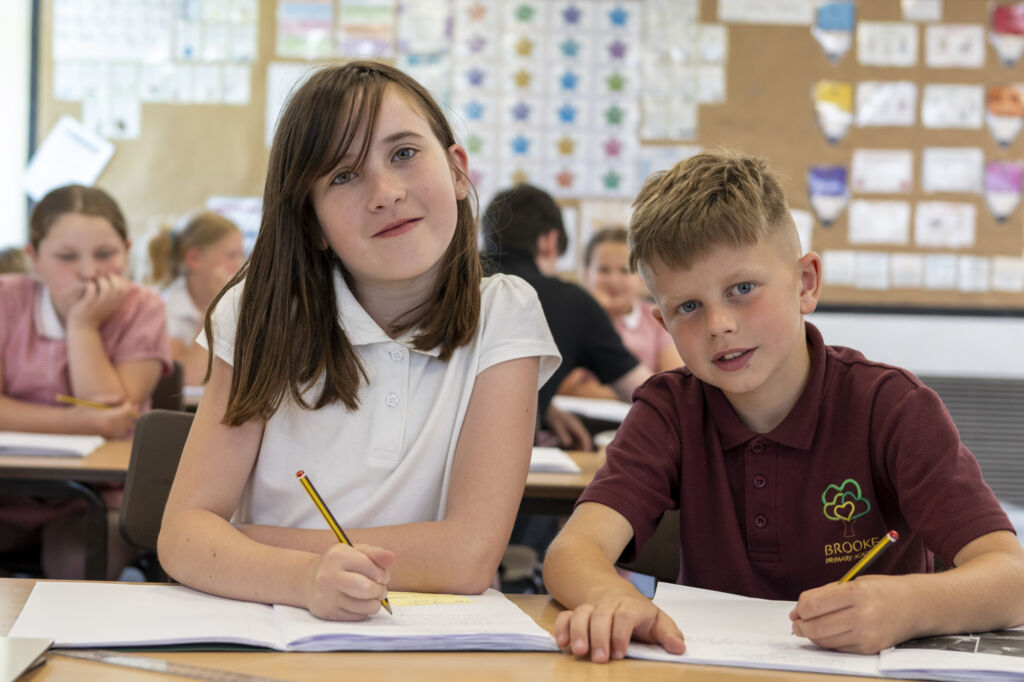
Punctuality
We encourage good habits of attendance and punctuality. Children should arrive at least five minutes before the start of the school day. In the event of absences, the school would appreciate immediate notification.

High Expectations and Progress: The school sets high expectations for all pupils, which are being met. Parents appreciate the support and information provided by the staff and are pleased with the progress their children make.

Support for SEND: The school effectively identifies and supports pupils with special educational needs and/or disabilities (SEND), involving parents in the assessment process and adapting lessons to help these pupils build new knowledge.

Positive Behaviour: Changes in how behaviour is managed have helped pupils reflect on their feelings and make better choices. This has resulted in positive behaviour during lessons and playtimes.

Governance and Leadership: Trustees and governors are skilled and committed, regularly visiting the school and maintaining an accurate picture of its operations to ensure continued improvement.

Extracurricular Activities: There is a wide range of clubs available, such as football, rugby, forest school, and choir, which help develop pupils’ talents and interests.

Promotion of Values: Pupils learn about diversity and British values through various activities and demonstrate positive attitudes and respect for others. The school also encourages community involvement, such as the choir singing in residential homes and helping at the local food bank.

Anti-Bullying: Pupils respect each other, believe in the school’s values, and feel confident that any issues, including bullying, would be resolved quickly by adults.

School Environment: The academy is described as a warm and welcoming place where pupils feel safe and happy. Respectful and positive relationships are central to the school’s environment.

Overall Effectiveness: The school is rated “Good” in all categories, including quality of education, behaviour and attitudes, personal development, leadership and management, and early years provision.

Reading and Phonics: The school is committed to ensuring all pupils learn to read. Effective training and support for teachers, along with appropriate reading materials and catch-up sessions, help pupils read accurately and confidently.

Early Years Provision: The early years setting promotes positive relationships and collaboration among children. Adults model effective communication and use assessment well to engage children in their learning.

Safeguarding: The school has effective safeguarding arrangements, creating an open and positive culture that prioritises pupils’ interests.

Curriculum and Learning: The curriculum is well-considered, building on previous learning to deepen understanding. While assessment systems need improvement, the school’s overall approach helps in identifying and supporting pupils’ needs.
